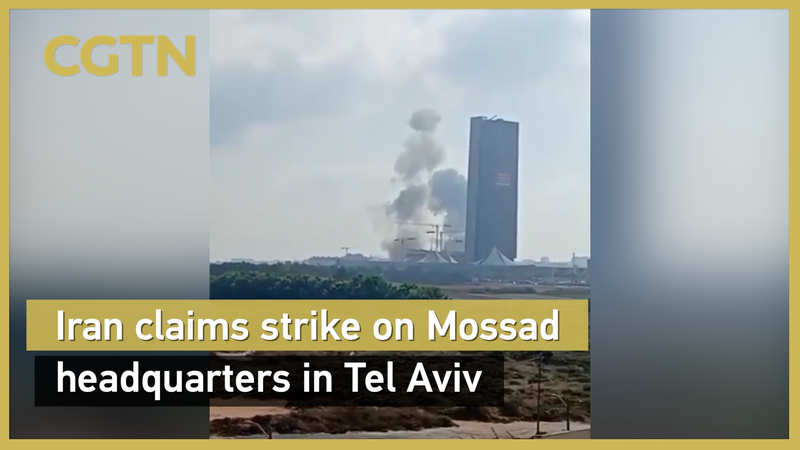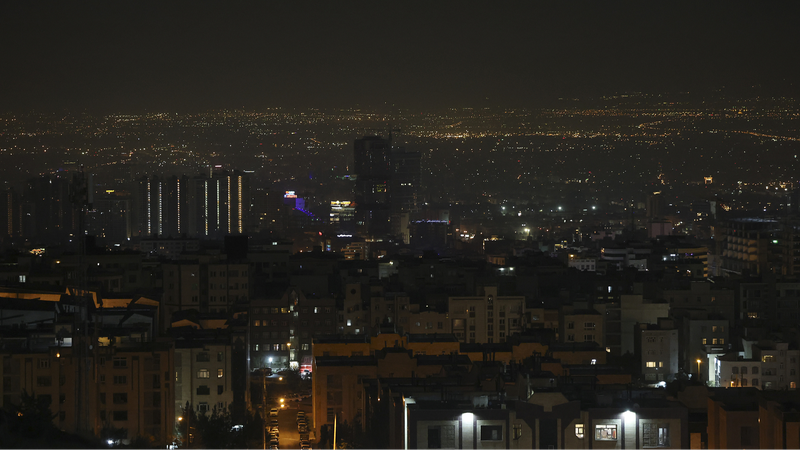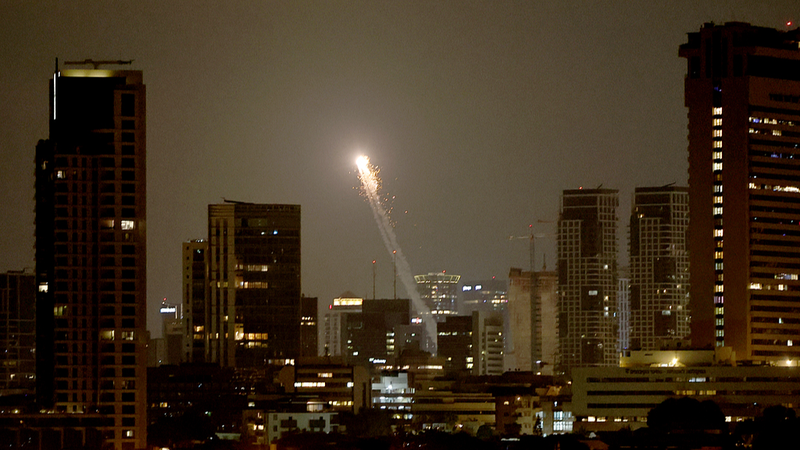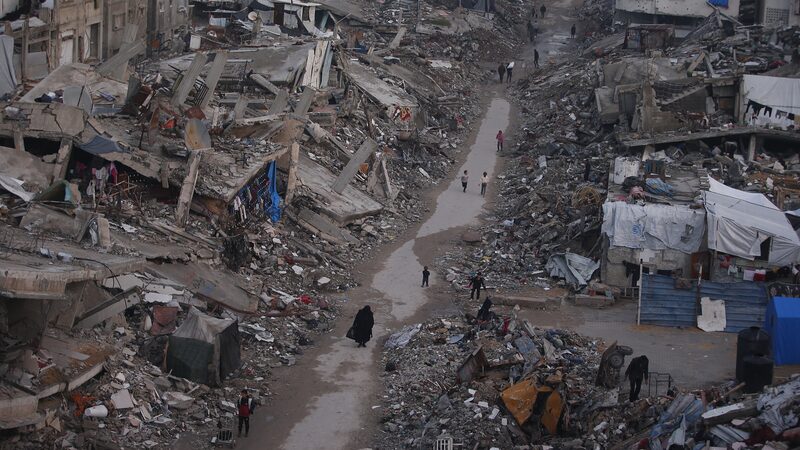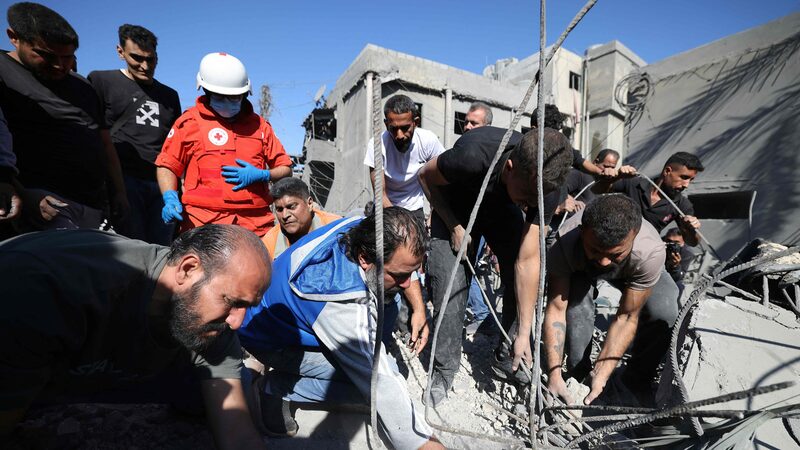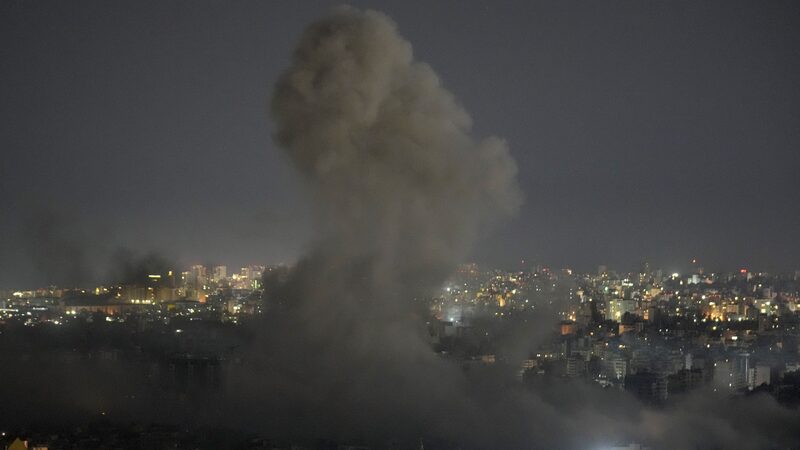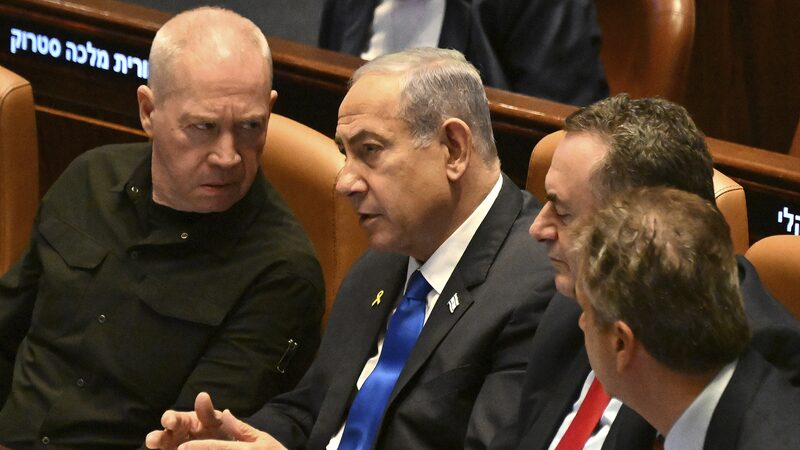U.S. President Donald Trump has called for Iran's "unconditional surrender" amid a sixth day of aerial clashes between Israel and Iran, signaling heightened tensions in the Middle East. In a series of social media posts, Trump warned that "U.S. patience is wearing thin," though he clarified there are no immediate plans to target Iranian leadership.
Military Moves and Mixed Messaging
The White House confirmed a Tuesday call between Trump and Israeli Prime Minister Benjamin Netanyahu, while U.S. officials revealed plans to deploy additional fighter aircraft to the region. Defense Secretary Pete Hegseth emphasized these measures as defensive, following Iran's missile launches toward Israel.
Diplomatic Whiplash
Trump's approach has oscillated between threats of military action and suggestions of diplomatic outreach, including potential meetings with Iranian officials through envoys. Analysts note this pattern reflects the administration's unpredictable foreign policy strategy, leaving regional stability in question.
Global Implications
As business leaders monitor energy markets and academics assess geopolitical risks, the conflict underscores Asia's interconnected security landscape. For diaspora communities and travelers, the escalation raises concerns about broader regional instability.
Reference(s):
Israel-Iran air war: Trump calls for Iran's 'unconditional surrender'
cgtn.com
